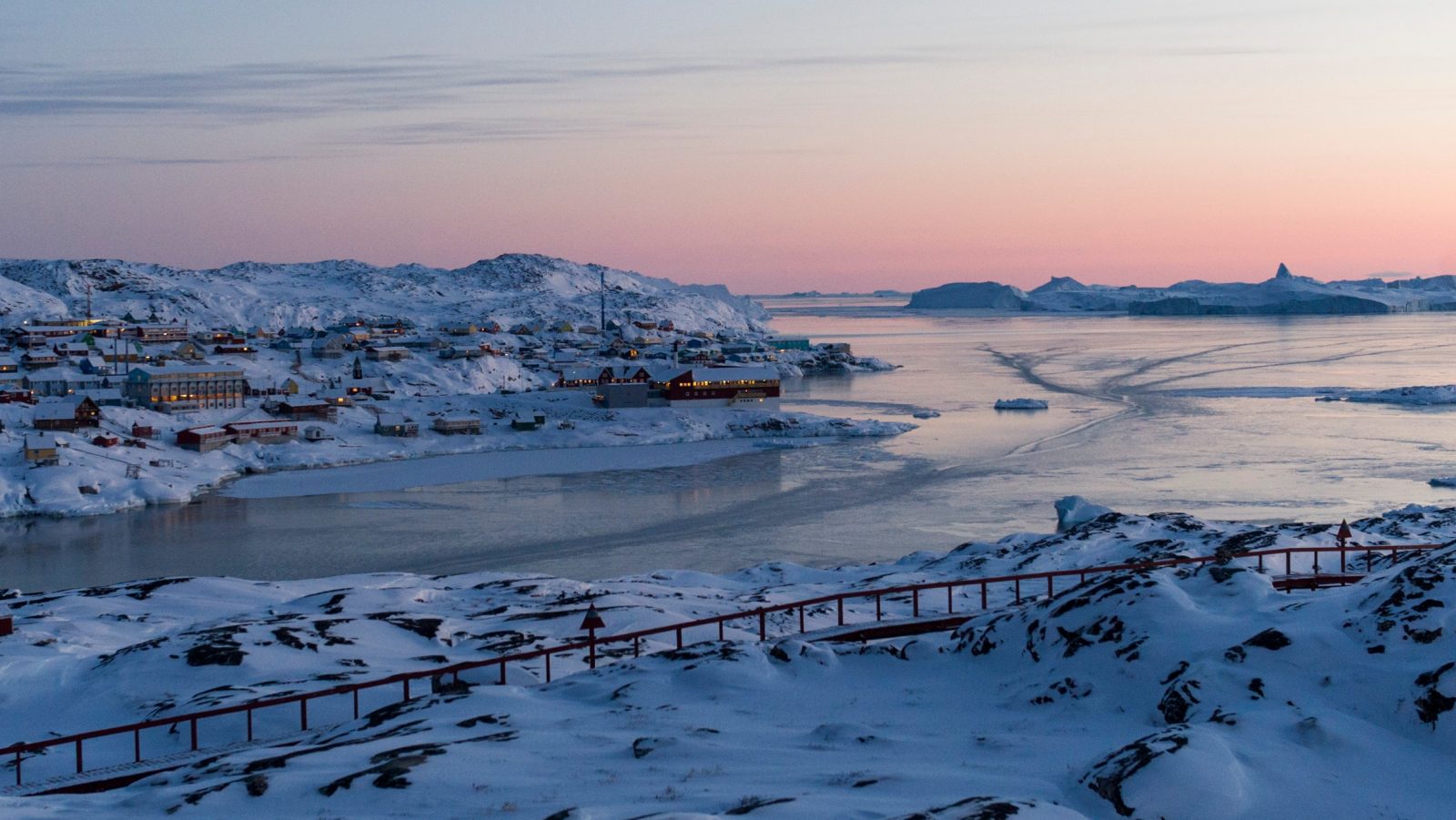The Greenland ice sheet has an acne problem. And just like any other stressed-out teen’s face, it’s just, like, really making everything else suck.
Plagued by an increasing number of tiny dark flecks on its surface, the ice sheet isn’t as reflective as it once was, and this means that in an ever-warming world, the melting ice can’t fend off the sunlight that’s making it melt in the first place. What’s worse is that as the darker tidbits — called light-absorbing impurities — accelerate the ice sheet’s melting, that melting exposes even more dark flecks buried beneath the surface. It really is like high school: Stress out about acne and you only breed more of the stuff.
Those light-absorbing impurities are likely bits of soot from wildfires of yesteryear. While a new study in the European Geosciences Union journal The Cryosphere suggests the incidence of fires hasn’t been on the rise, increased near-surface air temperatures have resulted in spikes in melting, as well as in a bump in snow-grain size — and larger grains aren’t as good at reflecting sunlight. In Greenland, summer near-surface temperatures have increased by about three-quarters of a degree Celsius per decade.
A surface’s reflectivity, know as its albedo, is tied to its color. The word albedo comes from albus, the Latin for white. As the Greenland ice sheet melts and more and more light-absorbing impurities are exposed, the entire sheet gets darker. For glaciologists, it’s the kind of feedback loop that nightmares are made of. With decreased summer albedo comes more meltwater. “It’s melting cannibalism, basically — it’s melting that’s feeding itself,” lead study author and Columbia researcher Marco Tedesco told The Guardian.
Tedesco and his colleagues’ data suggest that Greenland’s albedo starting plummeting in 1996. By 2100, they estimate that average albedo in the area could drop by as much as 8 percent. If that’s true, don’t be surprised if our acne-prone teenager of an ice sheet winds up looking like it’s entered its scary-ass Juggalo phase.



